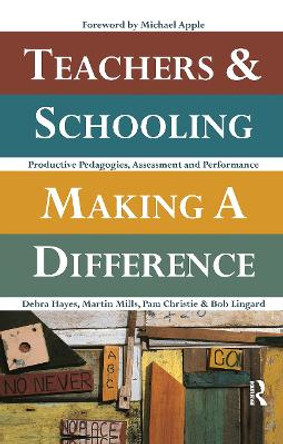Description
How can we really evaluate teacher effectiveness?
Systems of teacher appraisal and evaluation are being created across the world in order to monitor and assess teacher performance. But do the models used really give a fair evaluation?
Based on international research, the authors argue that teacher effectiveness is too narrowly conceptualised and methods of measuring it are not attuned to the real contexts in which teachers work. They propose a model of differential teacher effectiveness which takes into account that:
* teachers may be more effective with some categories of students than with others
* teachers may be more effective with some teaching contexts than others
* teachers may be more effective with some subjects or components than with others.
Building on and developing previous research on models of teacher effectiveness and current theories, the authors open up possible new debates which will be of interest to academics and researchers working in this area throughout the world.
About the Author
Jim Campbell is Professor of Education at the University of Warwick.
L. Kyriakides is Lecturer in Educational Assessment and Evaluation at Warwick.
Daniel Muijs is Lecturer in Quantitative Research Methods at the University of Warwick.
Wendy Robinson is Lecturer in Education at the University of Warwick.
Reviews
'A substantial brick in the growing edifice of doubt about the effects and effectiveness of the standards-led, accountability-driven approach to teaching and teachers' - Michael Duffy, Times Educational Supplement
'...succeeds in connecting ideas about teaching effectiveness with a wide range of other thinking and in doing so provides an important critique and reformulation of this field.' -British Journal of Educational Studies, December 2005
Book Information
ISBN 9780415304795
Author Jim Campbell
Format Paperback
Page Count 244
Imprint Routledge
Publisher Taylor & Francis Ltd
Weight(grams) 294g








